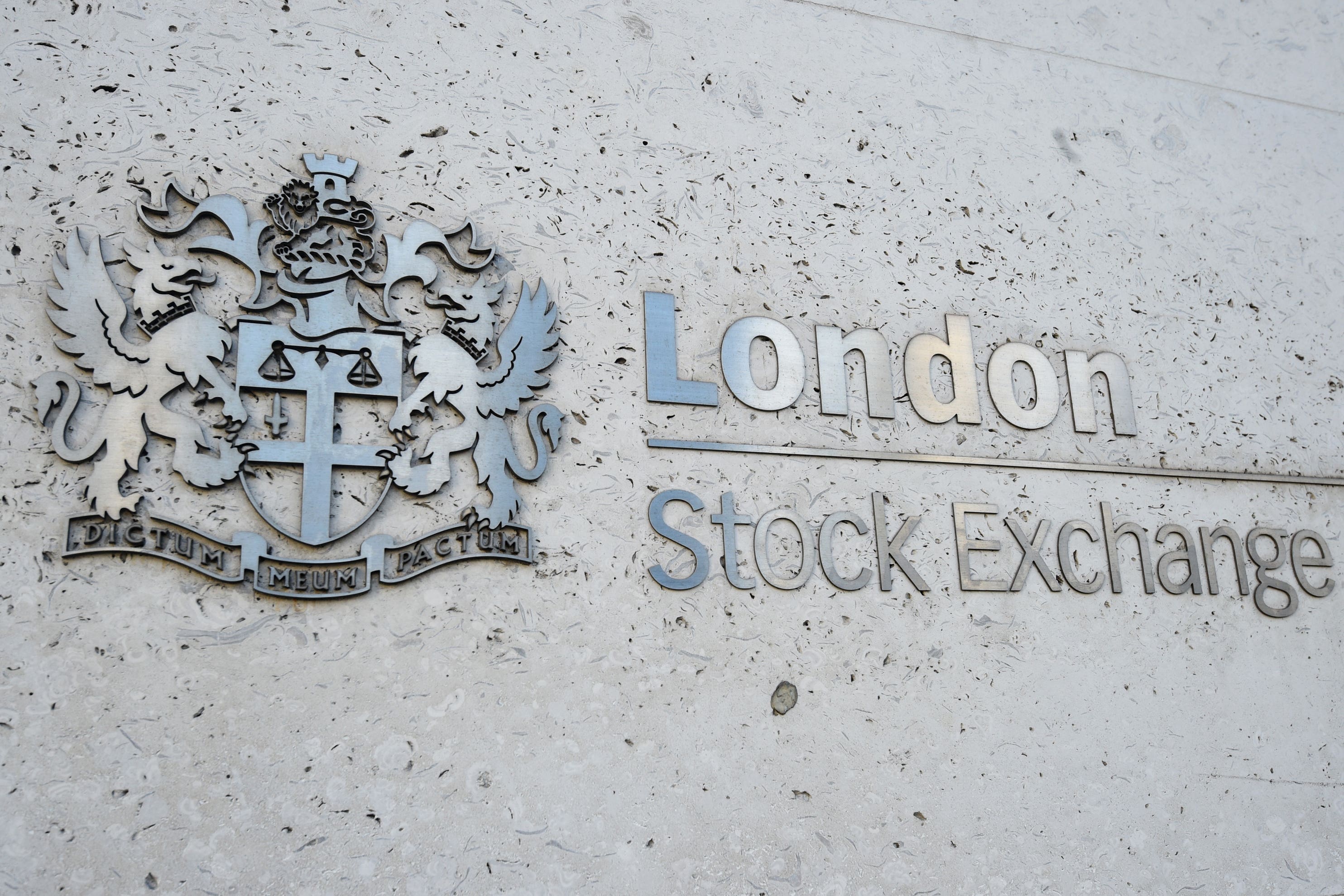Economic figures and Yemen attacks help lift FTSE
The index closed up 0.6% on Friday.

Your support helps us to tell the story
From reproductive rights to climate change to Big Tech, The Independent is on the ground when the story is developing. Whether it's investigating the financials of Elon Musk's pro-Trump PAC or producing our latest documentary, 'The A Word', which shines a light on the American women fighting for reproductive rights, we know how important it is to parse out the facts from the messaging.
At such a critical moment in US history, we need reporters on the ground. Your donation allows us to keep sending journalists to speak to both sides of the story.
The Independent is trusted by Americans across the entire political spectrum. And unlike many other quality news outlets, we choose not to lock Americans out of our reporting and analysis with paywalls. We believe quality journalism should be available to everyone, paid for by those who can afford it.
Your support makes all the difference.The attack on Houthi forces by the US and UK militaries overnight and a better-than-expected economic performance for the country’s economy were credited with lifting the FTSE 100 on Friday.
The index, which has so far had a poor start to the year, rose 48.34 points, or 0.64%, to end the day at 7,624.93.
It was a rise dominated by mining companies, top among them Endeavour Mining, which owns several gold mines across Africa.
Its performance was boosted by the uncertainty caused by the hostilities in the Middle East where US and UK planes struck dozens of targets in Yemen. That caused investors to put their money in assets which are considered safe, such as gold.
Rising oil prices following the bombing of Houthi military targets by the US and UK in Yemen and a better-than-forecast expansion of month-on-month UK GDP growth helped the FTSE 100 to a positive close on Friday
The Houthis had been striking ships going through the Red Sea on the way to the Suez Canal.
“Rising oil prices following the bombing of Houthi military targets by the US and UK in Yemen and a better-than-forecast expansion of month-on-month UK GDP growth helped the FTSE 100 to a positive close on Friday,” said Axel Rudolph, senior market analyst at online trading platform IG.
The UK figures on Friday morning showed that gross domestic product rose 0.3% in November, higher than the 0.2% expected by economists.
Mr Rudolph added: “European equity indices also fared better than their US counterparts as these were dragged down by disappointing bank earnings and job cut announcements by Citibank on the first day of the fourth quarter earnings season.
“They recovered amid an unexpected fall in US producer prices, though.”
At the end of the day in Europe Frankfurt’s Dax index rose 0.95%, while the Cac 40 in Paris had closed up 1.05%.
In New York a little while after markets had closed in Europe the S&P 500 was trading down 0.16%, while the Dow Jones was 0.56% lower.
On currency markets the pound was trading 0.18% lower against the dollar at 1.2738 and had dropped 0.04% against the euro at 1.1628.
In company news it was a bad day for Burberry with shares down 5.66% on the news that a slowdown in demand got worse in December.
The business slashed its profit forecast for the year as it said that revenue dropped 7% in the last three months of the year.
Meanwhile Vistry, a housebuilder, said it had built 16,124 new homes last year, down 5.4% from 2022.
It said pre-tax profit would be somewhere close to £418 million, more than previously thought. Shares closed up 0.36%.
The biggest risers on the FTSE 100 were Endeavour Mining, up 54p to 1,479p, JD Sports, up 4.15p to 114.45p, Fresnillo, up 15.8p to 533.4p, Antofagasta, up 48p to 1,636p, and Rolls-Royce, up 8p to 305p.
The biggest fallers on the FTSE 100 were Burberry, down 75p to 1,285.5p, IAG, down 4.25p to 144.35p, Centrica, down 2.35p to 150p, Informa, down 11p to 754.6p, and Ocado, down 9.2p to 652.2p.